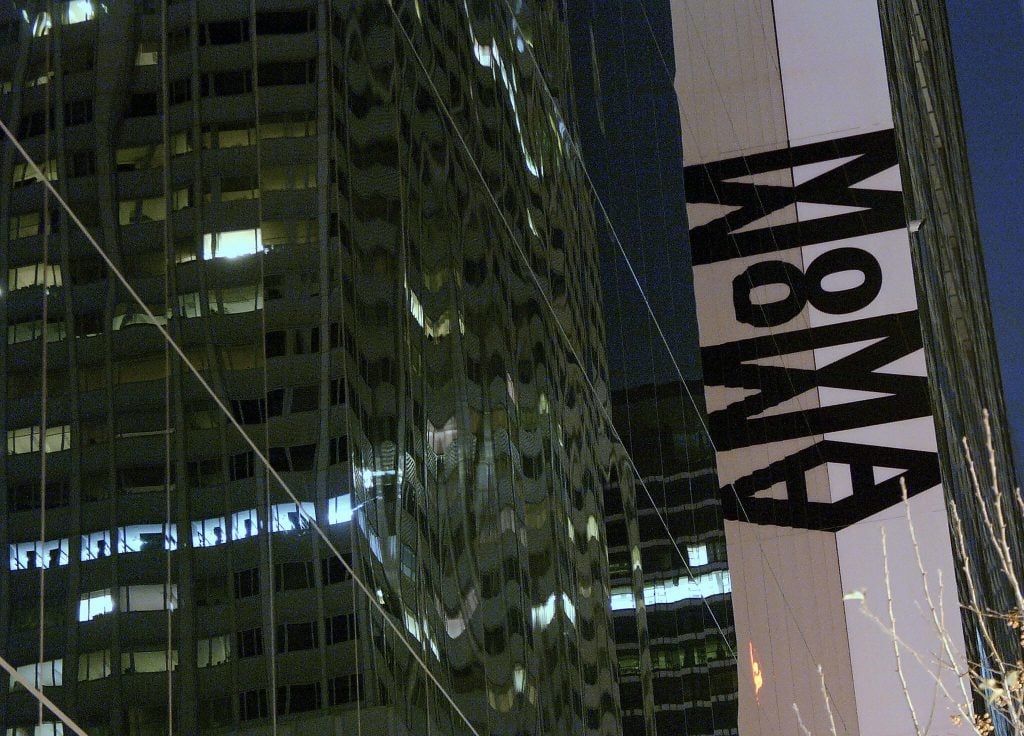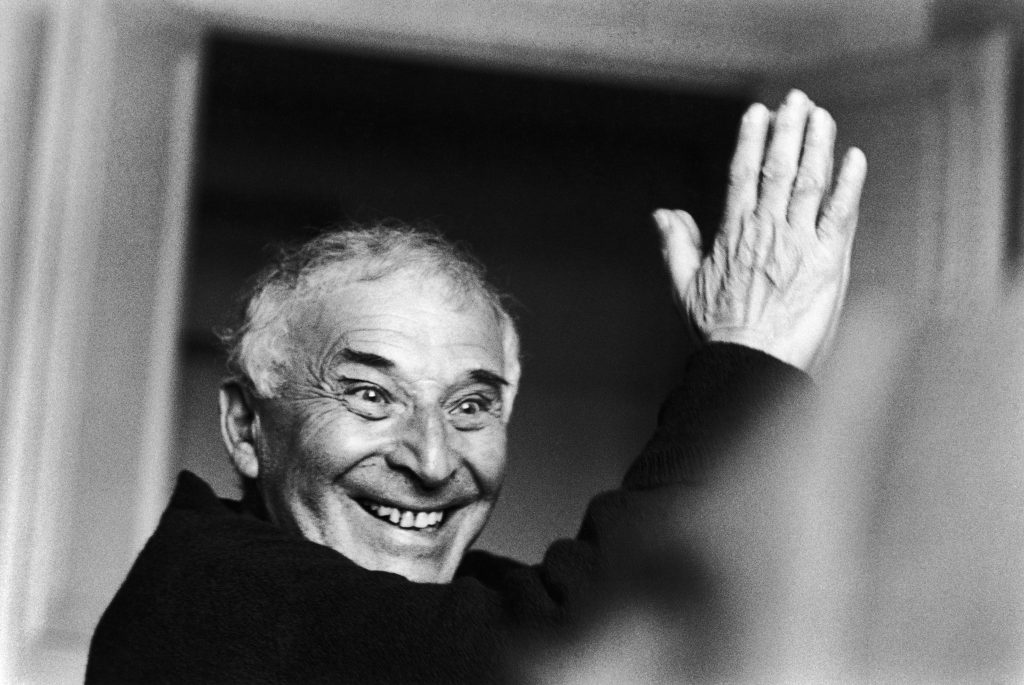Law & Politics
MoMA Received a $4 Million Fee for Quietly Returning a Chagall Painting With Nazi Ties
The work was returned to the heirs of its Jewish owner.

The work was returned to the heirs of its Jewish owner.

Adam Schrader

The Museum of Modern Art in New York received a $4 million fee for quietly returning a painting by Marc Chagall, once owned by a Jewish gallery in Germany during the Nazi era, to the heirs of the original owner.
Chagall’s Over Vitebsk (1915–24) was purchased by the MoMA in 1949 from German art collector Marie Luise Feldhaeusser, who inherited it from her son Kurt Feldhäusser after his death in 1945, the provenance for the painting on the museum’s website read before it was quietly deleted.
Kurt Feldhäusser had acquired the painting in 1936 from the Nationalgalerie in Berlin, three years after the formation of the German Reich. The MoMA provenance writeup listed Feldhäusser as having acquired the work through an exchange with the German museum, which had acquired it in a transfer from the Prussian State through Dresdner Bank.
The bank, which flourished under Nazi rule, acquired the painting in exchange for an alleged “debt reduction” in 1934. Though the Nazis often looted paintings from Jewish owners under duress, scholars previously concluded that was not the case with the Chagall, which was likely given by the Jewish-owned Matthiesen Galerie to the bank to pay off a loan.

Marc Chagall, 1964. Photo: Jean-Regis Rouston/Roger Viollet via Getty Images.
Still, the heirs of gallery owner Francis Matthiesen pushed for the work to be returned to them three years ago. News that it was returned was revealed by The New York Times, citing Canadian court documents from a lawsuit between one of Matthiesen’s heirs and the Mondex Corporation, a Toronto-based firm that helped the family negotiate the return of the painting.
Under the terms of the deal, Matthiesen’s son Patrick Matthiesen, who himself operates a gallery in London, sold the painting to a collector in Europe. The Matthiesen family, the MoMA, and Mondex all profited.
Now, the younger Matthiesen said dealing with the company was unpleasant and argued Mondex shouldn’t receive its cut—an $8 million sum—because it allegedly breached its contract by arranging the “unreasonable” fee to MoMA without the approval of the family.
The museum released a short statement to the Times acknowledging the payment and stating it is being used to support a provenance research fund named after Matthiesen’s father.
“You have a case which is not black and white,” Mondex founder James Palmer said. “It makes perfect sense given some of the questions that can’t be resolved.”